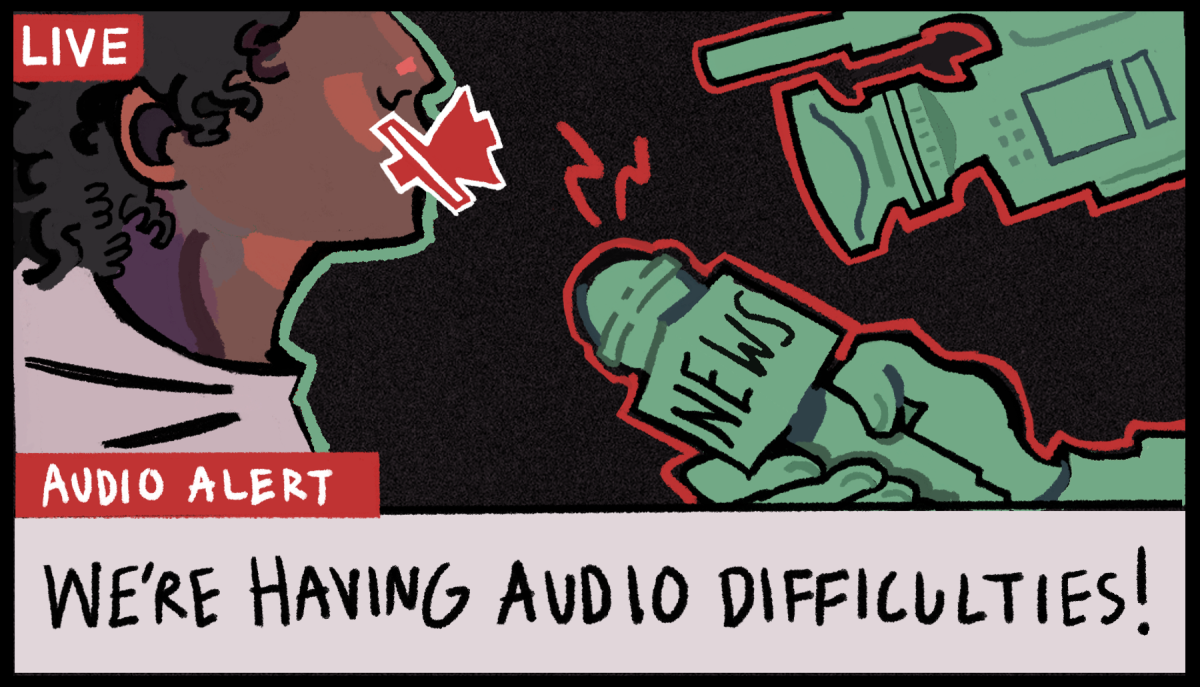As anti-immigration and anti-Muslim riots erupted in the UK and hate against Black and Arab individuals escalate in the U.S., UTD students speak about their experience with marginalization.
ABC reported that after false information about the suspect in a stabbing spree being an “Islamist migrant” spread online and resulted in anti-immigration riots, Nura, a mother who fled Sudan to the UK with her children, said she felt like she was reliving all that she went through. CNN reported July 6 that Sonya Massey, a Black Illinois woman who called police to report a suspected intruder, was shot in her home by the officer who responded. On Oct. 14, soon after anti-Arab and anti-Muslim rhetoric began spreading in media outlets like news and talk radio, Wadea Al-Fayoume, a six-year-old Palestinian boy, was stabbed to death in his Chicago home by his landlord. In a 2023 report, the Leadership Conference on Civil and Human Rights said that “since 2015, reported hate crimes have nearly doubled [in the U.S.],” and that “the most recent outbreak of violence in the Middle East has created a climate of increased hate targeting Arab, Jewish and Muslim Americans.”
Omolere Aliu, neuroscience junior and president of the African Student Union, said non-Black people make assumptions about her pursuing a degree in medicine as a Nigerian American. Aliu said that people are regularly surprised that she could be pursuing a field like neuroscience.
“Whenever I would talk about my degree … you could almost see the light in their eyes shine like, ‘Oh I was wrong,’” Aliu said. “I could see that this discriminatory notion did not come … genuinely [from them.] This came from some sort of outside source.”
Aliu said her experience with people assuming less of her simply because of who she is, is not uncommon. According to PEW Research Center, 63% of Black people feel as though media representation and public perception of them is more often negative than positive, and 43% of Black people feel stereotyped by news media. Other marginalized groups similarly suffer from negative coverage; Abdullah Chaudhry, software engineering senior and president of the Pakistani Student Association, said he felt impacted by narratives about Muslims, Arabs and South Asians perpetuated in the media since 9/11.
“At the airports, I always get checked … separately,” Chaudhry said. “I’ve been to the same airport a thousand times and … I always get checked extra … because of my name, my identity, my skin color.”
Chaudhry’s experience is shared by many and is relevant to the media’s common media narratives pushed about Desi, Arab and Muslim people since 9/11. In a study conducted by TRT World on Muslim representation in American films, it was found that quotes addressing Muslim characters mostly exhibited themes of telling them to return to their countries or learn English, even calling them “terrorists.” The prevalence of hateful narratives about Muslims can worsen or legitimize hate. Students expressed that media outlets misrepresenting people of color and the public perpetuating inaccurate and harmful stereotypes play into the way people of color are treated and lead to discrimination and hate crimes.
Aliu said that although discrimination persists, hope can be found in genuine curiosity for knowledge about others.
“It comes with … understanding and empathy,” Aliu said. ”Take the steps to gain education and ask.”





